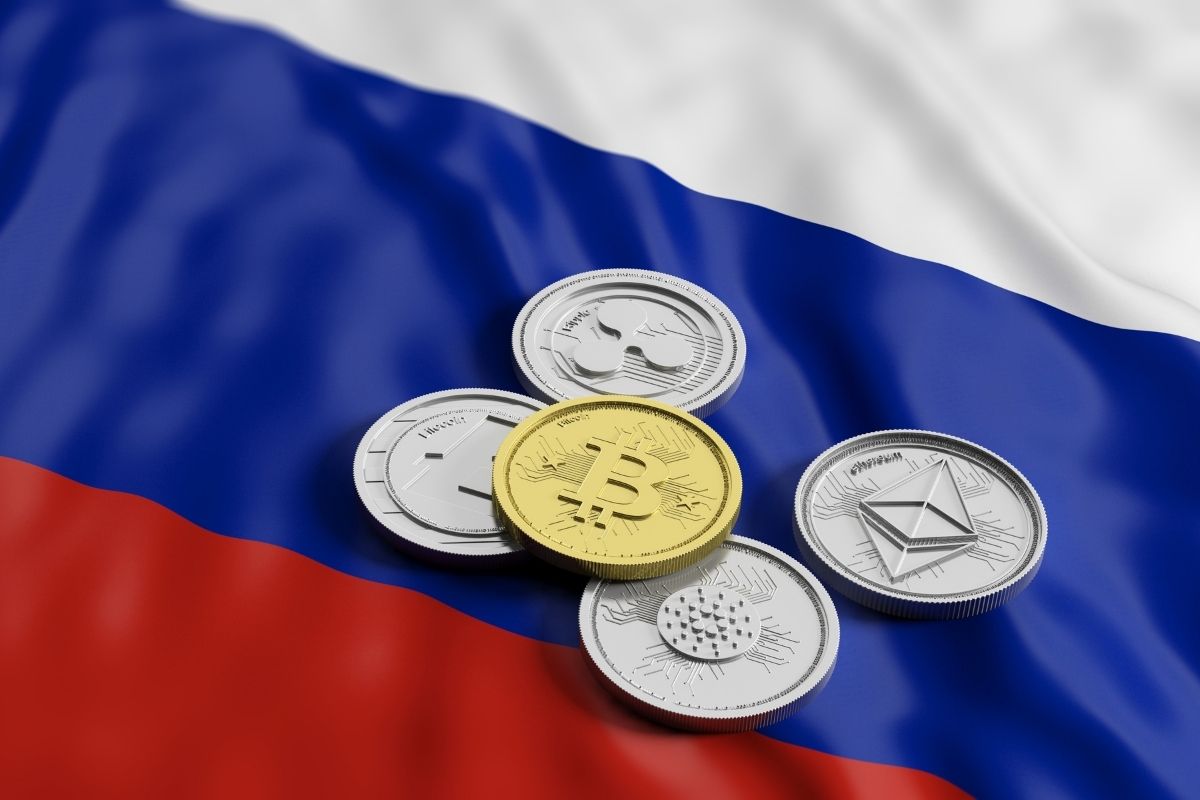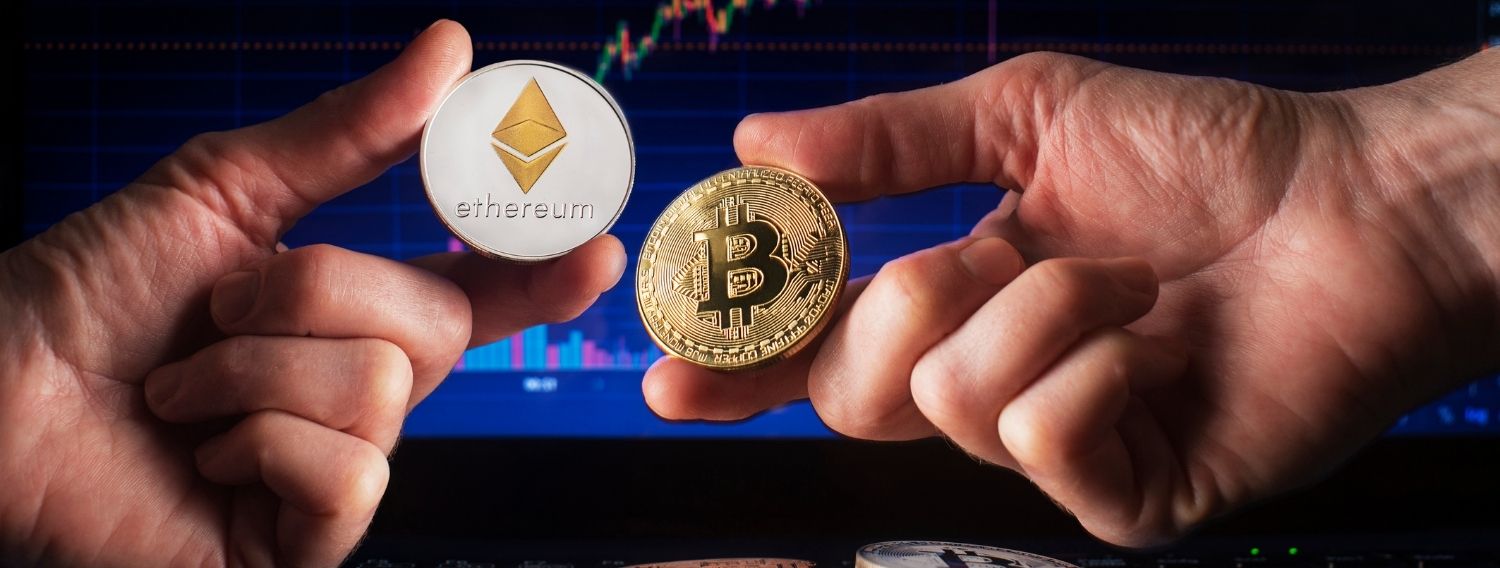Cryptocurrency exchange although legal is regulated by the Financial Supervisory Service of South Korea (FSS). Cryptocurrency is in a grey area in South Korea, as it is neither cash nor any financial asset.
According to a report recently released, the federal government of South Korea recommends the crypto industry adopt a new licensing system for token issuers and exchange, to safeguard the investors.
The Financial services commission reports to the National Assembly that the ministry of Strategy and finance in South Korea plans to impose a new legislation on cryptocurrency to reduce inside trading, wash trading, and pump-and-dump schemes.
The regulations are harsh, and penalties are stricter than the Capital Markets Act. In recent reports, South Korea might consider imposing taxes on crypto transaction profits and is planning to prepare and publish a taxation framework.
In 2017, the South Korean Government restricted the use of unspecified and unidentified accounts trading in crypto. The local financial institutions are restricted from conducting future transactions with Bitcoins. In 2018, the FSC (Financial Services Commission) tightened the requirements of banks with crypto exchange accounts.
Also Read: Latin American Crypto Adoption Spikes as Brazil Prepares for Legislation
The Korea Economic Daily reports that according to “The Comparative Analysis of the Virtual Property Industry Act”, a recommendation is offered to impose a licensing system that will apply to companies that issue coins like Initial Coin Offerings (ICO), and crypto exchange companies. Based on the risk involved, various license degrees and legislation on cryptocurrency exchange platforms will be issued by Korean Government.
A robust licensing system is generated for regulating coin issuers as it is considered to be an important part of protection today. The recent TERRA project fall resulted in an untimely crash, which will accentuate the position accordingly.
A regulation will force coin issuers to provide the Financial Services Commission with a white paper about projects that includes
The white paper rule is for all, even the companies who have their headquarters in other countries willing to exchange tokens traded on the Korean exchange need to provide details.
Also Read: Bentley University joins the League of Crypto-accepting Universities of the US
In 2017, there were rumours about the South Korean government is banning crypto transactions. However, that never came into action. Later, the government banned anonymous accounts in trades. This means that only people with real-name bank accounts are allowed to trade cryptocurrencies on exchange platforms.
Financial Services Commission required people to open a bank account with their real name to deposit and withdraw funds from their digital wallets. To maintain the CFT and AML regulations, the dealer and the bank must ensure the individual’s identity with proper transaction details. In 2021, the Intelligence Unit of FSC issued a Legislation on Cryptocurrency exchange firms to regulate mandatory AML obligations.
South Korea has given hints about preparing the crypto business following the FATFs Anti-money laundering policies by imposing a new legislature on Cryptocurrency. The government may also ban private cryptocurrency in the coming years.





Leave a Reply